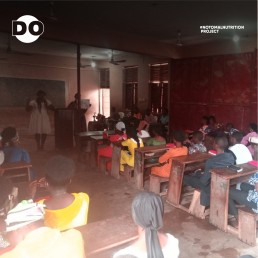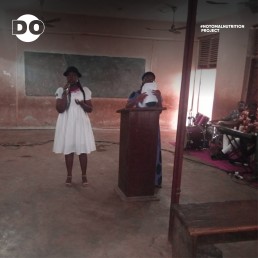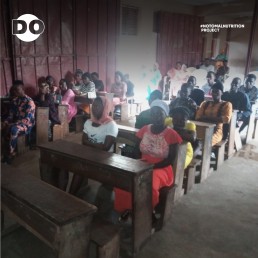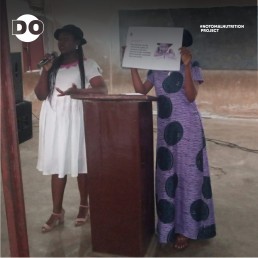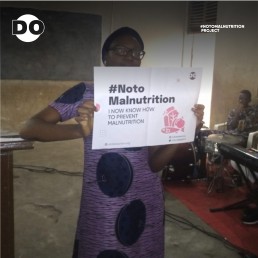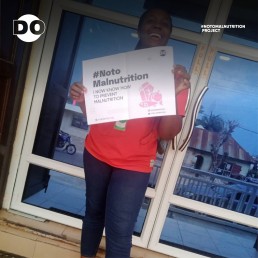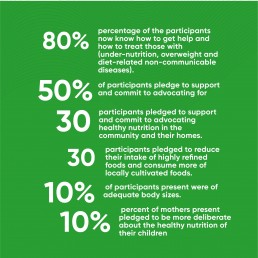THE NEED
Gala, bread, cake, biscuits and soft drinks have become the mainstay of foods consumed by millennials because its already made, cheap and easy to access. So, amid our busy day, hustling and bustling between different activities, we grab them and eat.
The saddest part is that most parents have incorporated these junks into their children’s meals. So, you see a parent buy meat pie, ice-cream, pizza, fries, burgers, soft drinks and whatnots, for their children when they go out for an outing. It is a treat, and they have no idea they are feeding their children with poison.
Little wonder Nigeria has the second-highest burden of stunted children globally, with a national prevalence rate of 32 per cent of children under five. According to Unicef, an estimated 2 million children in Nigeria suffer from severe acute malnutrition (SAM), but only two out of every ten children affected is currently reached with treatment. Seven per cent of women of childbearing age also suffer from acute malnutrition.
In all of its forms, malnutrition includes undernutrition (wasting, stunting, and being underweight), insufficient vitamins and minerals, being overweight or obese, and developing diet-related non-communicable diseases. Overweight or obese adults account for 1.9 billion, while underweight individuals account for 462 million. In 2020, it was anticipated that 149 million children under the age of five were stunted (too short for their age), 45 million were wasted (too thin for their height), and 38.9 million were overweight or obese. Undernutrition is responsible for around 45 per cent of mortality among children under the age of five. These are especially common in low and middle-income countries. At the same time, childhood overweight and obesity rates are rising in these same countries.
Christiana Omojo Ugbem, a Content writer-cum-Teacher from the nation’s food basket – Benue state – understood the consequence of Malnutrition and decided to do something about it. She is passionate about good health and well-being for all, especially.
She launched the “No To Malnutrition” project under the aegis of DO-Take Action to promote health guidelines for good nutrition and create awareness about the long-term consequences of dietary practices that may cause or prevent health problems. The project falls under Good Health and Wellbeing program; a DO program that addresses key challenges in the health care sector by carrying out advocacy campaigns, health outreaches, capacity building workshops and community infrastructure projects that will ultimately improve the quality of health care and impact at least 10 million Nigerians over the next ten years.
The project was carried out in Bucknor Isolo. The details entailed the following;
- A keynote presentation on the following topics; What is Malnutrition? Various Forms of Malnutrition includes Undernutrition, micro-nutrient related Malnutrition, overweight and Obesity, diet-related non-communicable diseases and lastly, how to prevent Malnutrition.
- An interactive session where the participants asked questions and were given informed answers
- A self-assessment test to evaluate the women on their understanding of what has been taught to ensure comprehension and assimilation
In the course of the project, 50 participants were sensitised to the dangers of Malnutrition and taught how to improve their nutrition. A minimum of 30 pledged to reduce their intake of highly refined foods and consume more locally cultivated foods. They also pledged to support and commit to advocating healthy nutrition in the community and their homes. A good number of the participants scored above average on the No To Malnutrition test.
Christiana capitalised has done her bit to foster a healthier community. Learn from her.
If you enjoyed the story and would like to read more stories like this, sign up for our monthly newsletter to get notified of new stories.
Also, do well to follow our social media handles for more engaging and entertaining content on issues that affect YOU.

